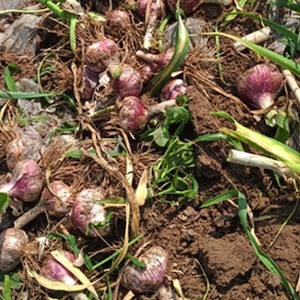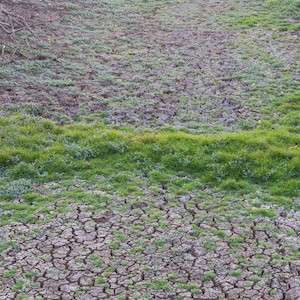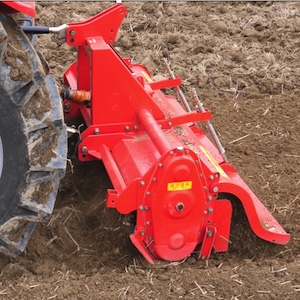Optimisation of energy consumption of a solar-electric dryer during hot air drying of tomato slices

Published:24 July 2019
Abstract Views: 1237
PDF: 805
HTML: 182
HTML: 182
Publisher's note
All claims expressed in this article are solely those of the authors and do not necessarily represent those of their affiliated organizations, or those of the publisher, the editors and the reviewers. Any product that may be evaluated in this article or claim that may be made by its manufacturer is not guaranteed or endorsed by the publisher.
All claims expressed in this article are solely those of the authors and do not necessarily represent those of their affiliated organizations, or those of the publisher, the editors and the reviewers. Any product that may be evaluated in this article or claim that may be made by its manufacturer is not guaranteed or endorsed by the publisher.
Similar Articles
- Gabriella Impallomeni, Francesco Barreca, Agrivoltaic systems towards the European green deal and agricultural policies: a review , Journal of Agricultural Engineering: Vol. 56 No. 1 (2025)
- Farid Tamhidi, Morteza Almassi, Mohammad Ghahderijani, Hossein Bakhoda, Evaluating the efficiency of energy use in cultivation of medicinal plants: a case study on garden thyme and peppermint employing life cycle assessment and support vector machine modeling , Journal of Agricultural Engineering: Vol. 56 No. 1 (2025)
- Behrooz Behboodi, Mohammad Gholami Parashkoohi, Davood Mohammad Zamani, Saeed Firouzi, A study comparing energy consumption and environmental emissions in ostrich meat and egg production , Journal of Agricultural Engineering: Vol. 56 No. 1 (2025)
- Francesco Barreca, Giuseppe Modica, Salvatore Di Fazio, Viviana Tirella, Raimondo Tripodi, Carmelo Riccardo Fichera, Improving building energy modelling by applying advanced 3D surveying techniques on agri-food facilities , Journal of Agricultural Engineering: Vol. 48 No. 4 (2017)
- Maria Elena Menconi, Massimo Chiappini, Jan L.M. Hensen, David Grohmann, Thermal comfort optimisation of vernacular rural buildings: passive solutions to retrofit a typical farmhouse in central Italy , Journal of Agricultural Engineering: Vol. 48 No. 3 (2017)
- Farshad Haghjooy Maklavani, Mohammad Gholami Parashkoohi, Davood Mohammad Zamani, Hamed Afshari, Investigating the impact of integrating land consolidation with agricultural mechanization on the technical, energy, and environmental dimensions of paddy production , Journal of Agricultural Engineering: Vol. 56 No. 1 (2025)
- Alberto Cadei, Omar Mologni, Luca Marchi, Francesco Sforza, Dominik Röser, Raffaele Cavalli, Stefano Grigolato, Energy efficiency of a hybrid cable yarding system: A case study in the North-Eastern Italian Alps under real working conditions , Journal of Agricultural Engineering: Vol. 52 No. 3 (2021)
- Daniele Torreggiani, Alberto Barbaresi, Francesca Dallacasa, Patrizia Tassinari, Effects of different architectural solutions on the thermal behaviour in an unconditioned rural building. The case of an Italian winery , Journal of Agricultural Engineering: Vol. 49 No. 1 (2018)
- Francesco Barreca, Pasquale Praticò, Giuseppe Davide Cardinali, A low-energy storage container for food and agriculture products , Journal of Agricultural Engineering: Vol. 52 No. 3 (2021)
- George Ashwehmbom Looh, Fangping Xie, Xiushan Wang, Augustine Ngiejungbwen Looh, Hamdaoui Hind, Grain kernel damage during threshing: a comprehensive review of theories and models , Journal of Agricultural Engineering: Vol. 56 No. 1 (2025)
You may also start an advanced similarity search for this article.

 https://doi.org/10.4081/jae.2019.876
https://doi.org/10.4081/jae.2019.876 










